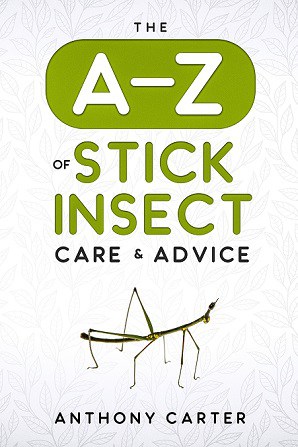Basil is a tropical plant that offers many culinary uses to us humans. But will stick insects eat it? Possibly, but there are no guarantees. The fact that stick insects are herbivores suggests that some species might find basil a good food source. Both basil and stick insects being native to tropical environments adds to the potential of compatibility.
suggests that some species might find basil a good food source. Both basil and stick insects being native to tropical environments adds to the potential of compatibility.
Some stick insect species will eat basil leaves. Just place a few bunches in the enclosure to see if yours do. If they don’t like them, they will not eat them. They will also not go near them if the leaves are harmful to their particular species.
Privet and bramble
and bramble  are the two most common recommended foods to feed stick insects kept in captivity. But nothing suggests that they are the only plants that these insects will eat. Indeed, some stick insects have been observed by their owners munching on decorative plants they have around the house.
are the two most common recommended foods to feed stick insects kept in captivity. But nothing suggests that they are the only plants that these insects will eat. Indeed, some stick insects have been observed by their owners munching on decorative plants they have around the house.
For more advice and information on keeping and looking after stick insects, check out my ebook on Amazon click here
(opens in a new tab).

If you are interested in seeing whether or not your stick insect has a preference for basil, you can always give it a try. Just present the basil leaves in the same way you would any other food source. Make them easy to access, keep them moist, and see what happens. You might discover that your pet eats basil without issue. Then again, you might find that basil is of no interest.
Just remember that stick insects have a built-in ability to discern good food sources from bad. They will not eat anything that is toxic to them. With thousands of stick insect species out there, basil may very well be toxic to some of them. This is to say that you can put basil leaves in your insect’s enclosure and rest in confidence knowing that the creature will not eat the leaves if these are harmful to it.
Should you choose to try basil as a food source, make it fresh basil. Either grow it yourself or buy it fresh at the market. And as always, rinse it off before you put it in the enclosure. You do not want anything on the basil leaves that could potentially harm your sticks.

